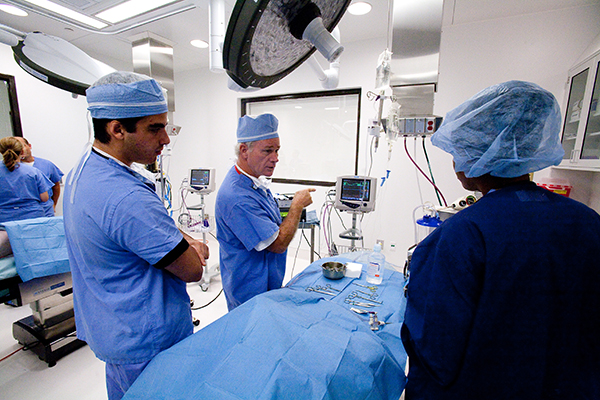An Introduction to the U.S. FDA’s Investigational Device Exemption (IDE): A GCMI Webinar
Learn from our experience to streamline your regulatory pathway and set your new medical device or technology up for commercialization success. Investigational Device Exemptions are required by the U.S. FDA for devices or technologies that require clinical use before regulatory approval or general market release. Examples of devices that may require an IDE study…









